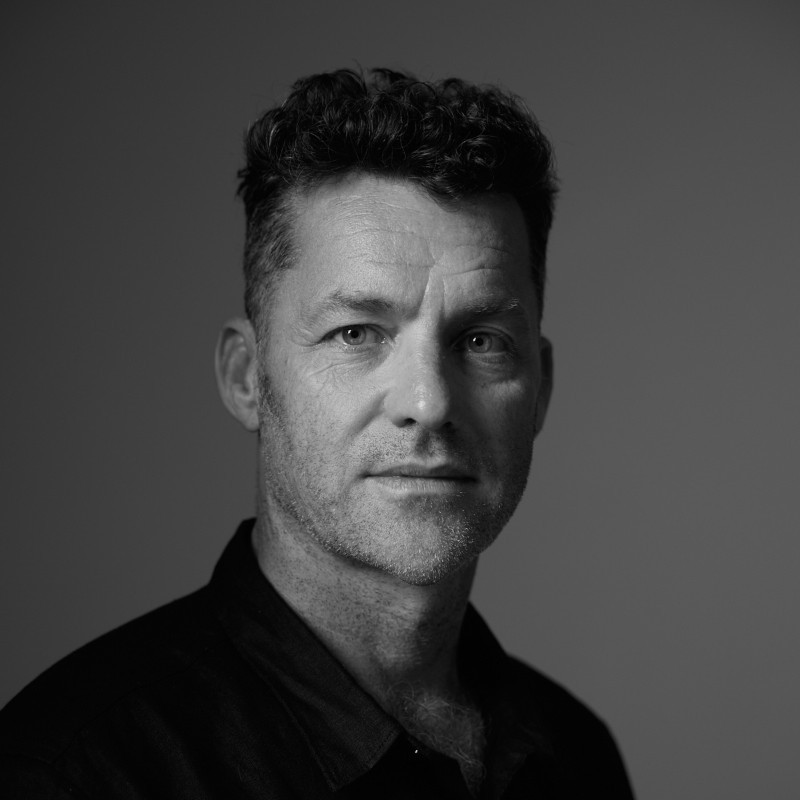
ASKING FOR A FRIEND
What are the advantages or disadvantages of sharing your mental health status? How to disclose it?
ASKING FOR A FRIEND - QUESTION
The decision to share your mental health status at work is deeply personal and can feel daunting — will it help or harm your career? This discussion explores the real advantages and disadvantages of mental health disclosure, with insights from a creative director who’s been open about his own journey. From the workplace culture considerations to the courage it takes and practical ways to frame the conversation, this article offers grounded guidance for anyone wondering how to disclose their mental health status in a way that protects their wellbeing and work.
Deciding whether to tell your manager about your mental health struggles can feel a bit like figuring out if that new colleague is safe to confide in about the client’s terrible brief — the stakes feel high, and you’re not entirely sure how it’ll be received. The question of sharing your mental health status at work sits at the intersection of vulnerability, professionalism, and self-advocacy — and there’s no universal right answer.
This question was answered by Simon Lee — Chief Creative Officer and joint owner of The Hallway, one of Australia’s leading independent agencies where he leads the development of ‘Affective Ideas’ that create positive impact for businesses and society; Aimee Davies — a mental health educator and counsellor supporting creatives through The Hey Mate Project; and Andy Wright — Host, Founder of Never Not Creative, CEO of Streamtime, and Co-Chair of Mentally Healthy, who champions a kinder, fairer creative industry.
There’s no right or wrong way to approach this
Simon starts with the most important point: ‘There’s definitely no right or wrong way to go about this… mental health is a very personal matter and the decision about whether to disclose or not is a very personal one.’
It’s not something you can crowdsource or download a perfect template for. What works for one person in one workplace might be completely wrong for another. The advantages or disadvantages of sharing your mental health status depend entirely on your situation, your workplace culture, and your comfort level.
‘I can’t say yes or no and wouldn’t want to try,’ Simon continues, acknowledging that this deeply personal decision can’t be reduced to a simple pros-and-cons list.
A manager’s perspective on disclosure
Simon offers valuable insight from the other side of the conversation: ‘I suppose the first point is around our actual agency culture at The Hallway and that mental health is a non-taboo subject here.’
This shift happened after Simon publicly shared his own mental health journey during the Boys Do Cry campaign: ‘I was actually very public when that campaign came out about sharing my own mental health journey and some of the issues I’d had with anxiety over the years.’
The result? ‘I have actually noticed since that time that people have been more open in disclosing their own mental health struggles.’ When leadership models vulnerability, it creates permission for others to be more open about their experiences too.
The practical advantages of disclosure
From a manager’s perspective, disclosure ‘gives context to a change in work quality and performance and allows us to be part of the solution.’ When you’re weighing up the advantages of sharing your mental health status, this is a significant one.
‘If you can see that something’s going on… when it’s disclosed you can then really understand it and work together around how best to manage it,’ Simon says. Instead of your manager wondering why your work has changed, they can actually help.
The practical benefits extend to everyday logistics too: ‘It’s much easier being open about needing to go to appointments and things… it’s much nicer to be able to go and, even myself with my business partner, it’s much easier saying, “Hey look, I won’t be in till ten or eleven because I’m going to see my therapy.”’
This openness ‘removes an actual level of anxiety… it avoids misunderstandings and builds an extra level of trust and human connection in the relationship.’
The courage required and the reality of the conversation
Simon doesn’t minimise the courage it takes: ‘One of the bravest things I think I’ve done was… my first actual conversation when I went to my GP to say I am having issues with anxiety. It was one of the hardest things I’ve done.’
But he offers a reassuring truth: ‘The thought of going to have that conversation with my GP was far worse than the reality of doing it — and the longer I’m around on this planet the more I realise how often the thought of having the conversation or doing the thing is much, much worse.’
His advice on how to disclose your mental health status is refreshingly simple: ‘Don’t overthink it. Be authentic, tell it as it is… feel the fear and do it anyway. And you’re definitely not alone — there are literally hundreds of thousands, if not millions, of Australians going through what you’re going through right now.’
Consider your workplace culture carefully
While Simon’s experience at The Hallway is positive, not every workplace has the same culture. The advantages or disadvantages of sharing your mental health status depend heavily on your specific environment.
Before you disclose, consider:
- How does your workplace handle personal challenges?
- Have you seen others share personal struggles before?
- Does leadership model openness and vulnerability?
- Are there formal support systems in place?
If you’re in a workplace where personal struggles are seen as a weakness or where there’s a culture of ‘leave your problems at the door’, disclosure might carry more risk than reward.
You’re not alone in this struggle
One of the most powerful aspects of Simon’s response is the reminder that mental health struggles are incredibly common. When you’re thinking about whether to share your mental health status, remember you’re far from alone.
That sense of isolation that often comes with mental health issues can make disclosure feel riskier than it actually is. In reality, many of your colleagues have likely faced similar struggles — whether they’ve spoken about them or not.
Trust your instincts and take it step by step
Deciding whether and how to disclose your mental health status doesn’t have to be all-or-nothing. You might begin by talking to a trusted colleague or testing the waters with your manager about mental health support in general.
Remember, disclosure is about getting the support you need to do your best work — not about oversharing or seeking sympathy. When framed as a professional conversation about how to work most effectively, it becomes less about personal vulnerability and more about practical problem-solving.
The potential advantages — better support, reduced anxiety about appointments, greater understanding from your manager — can be significant. But they’re only worth it if you feel your workplace can receive that information constructively.
Trust your instincts, take it step by step, and know that the conversation is often less difficult than you imagine. Whether you choose to disclose or not, you deserve to work somewhere that supports your wellbeing.
our guests
Industry Leader

Simon Lee
Enigma
Mental Health Expert

Aimee Davies
The Hey Mate Project
Host

